01 - Russia in Nagorno Karabagh Conflict: A Mediator or an Arms Dealer...
http://dx.doi.org/10.31703/gssr.2018(III-I).0110.31703/gssr.2018(III-I).01 Published : Mar 2018
-
In the post-Soviet era, the Nagorno Karabagh conflict has been a major source of tension in the South Caucasus. Since the fall of the Soviet Union, Russia, the United States, and France have all been involved in the mediation process between Nagorno Karabagh, Armenia, and Azerbaijan over the resolution of the conflict. Russia, given its historical ties, economic interests, political clout, and mil... Details
-
Russia, Nagorno Karabagh, Azerbaijan, Armenia, Conflict
-
(1) Gasparyan Gevorg
PhD candidate, School of International and Public affairs, Jilin University, China.
(2) Wang Li
Professor, IR and Diplomacy, School of International and Public affairs, Jilin University, China.
02 - Impact of Foreign Exchange Exposure Elasticity on Financial Distress of Firms: A...
http://dx.doi.org/10.31703/gssr.2018(III-I).0210.31703/gssr.2018(III-I).02 Published : Mar 2018
-
This study looks into the potential effect of foreign exchange exposure elasticity (FEEE) on the financial distress of non-financial firms from an emerging country (Pakistan) and a developed country (USA) during 2003-2015. It employs mixed methodology in which a comprehensive quantitative analysis is made from the panel data of the sample companies from both countries (Pakistan and USA). Subsequen... Details
-
Foreign Exchange, Exposure Elasticity, Financial Distress, Stability, Financial Crisis, Emerging, Multinational Firms, Chief Finance Officer
-
(1) Allah Bakhsh
Assistant Professor, Department of Commerce, Bahauddin Zakariya University, Multan, Pakistan.
(2) Syed Zulfiqar Ali Shah
Associate Professor, Faculty of Management Sciences, International Islamic University, Islamabad, Pakistan.
03 - Ideology and Politics of Jamiat Ulema-i-Islam (1947-1973)...
http://dx.doi.org/10.31703/gssr.2018(III-I).0310.31703/gssr.2018(III-I).03 Published : Mar 2018
-
Khilafat Movement provided an opportunity to the Ulema of sub-continent to take part in active politics, however, Anjuman-i-Khuddam-i-Kaaba which was the first ever organized confrontation with the British raj. It eventually resulted in the formation of Jamiat Ulema-i-Hind (JUH). Although Majlis-iAhrar-i-Islam, emerged as an effective instrument of Deobandi activism yet it denounced the creation o... Details
-
Jamit Ulema-i-Islam, National Awami Party, Coalition, Ideologies, NWFP
-
(1) Muhammad Rizwan
Assistant Professor, Department of Pakistan Studies, Abbottabad University of Science and Technology, Abbottabad, KP, Pakistan.
(2) Manzoor Ahmed
Assistant Professor & Chairman Department of Political Science, Abdul Wali Khan University Mardan, KP, Pakistan.
(3) Saima Gul
MPhil Scholar, Department of Political Science, Abdul Wali Khan University Mardan, KP, Pakistan.
04 - Perception of Teacher Educator Regarding Course Guides for B.ED (Hons) and ADE (...
http://dx.doi.org/10.31703/gssr.2018(III-I).0410.31703/gssr.2018(III-I).04 Published : Mar 2018
-
The study analyzes curriculum document (teacher course guides) of ADE and B.Ed. (Hons) programs in terms of Assessment Tasks, Teaching Learning Approaches, Course Outcomes and Course Description. Study also focuses on prospective teachers and teacher educator’s perceptions about these teacher course guides and their execution in class room at selected Teachers’ Training Institutes. The... Details
-
Teaching Approaches, Teacher Educators, Assessment, Courseguide
-
(1) Shazia Abdul Malik
M.Phil Scholar (Education), Department of Education, University of Haripur, Haripur, KP, Pakistan.
(2) Umbreen Ishfaq
Assistant Professor, Department of Education, University of Haripur, KP, Pakistan.
(3) M Saeed Khan
Assistant Professor, Department of Education, University of Haripur, Haripur, KP, Pakistan.
05 - Exploring the Role of Teachers Associations as the Protectors of Teachers Rights...
http://dx.doi.org/10.31703/gssr.2018(III-I).0510.31703/gssr.2018(III-I).05 Published : Mar 2018
-
This study was undertaken to examine the role of Teachers’ Associations as the protector of teachers’ rights. The study is based mainly on the interviews of education experts, researchers and experienced associations’ leaders. The researcher therefore intended to highlight a very important and positive role played by teachers’ associations. These associations are blamed for... Details
-
Associations, Problem Solvers, Protectors of Rights, Reformers
-
(1) Rahat Mand
PhD Scholar (Education), Sarhad University of Science & Information Technology, Peshawar, KP, Pakistan.
(2) Niaz Muhammad Aaijaz
Assistant Professor & HoD, Sarhad University of Science & Information Technology, Peshawar, KP, Pakistan.
(3) Nasrullah Khan
Assistant Professor, Department of Education, University of Poonch, Rawalakot, AJK.
06 - The Impact of Education, Health, Experience and Government Loans on Farmers Pro...
http://dx.doi.org/10.31703/gssr.2018(III-I).0610.31703/gssr.2018(III-I).06 Published : Mar 2018
-
This study generally examines the influence of education, health, experience and government loans on farmers productivity in district Nowshera. Specifically, this study (a) finds out the role of socio-economic factors determining tomato production in district Nowshera and (b) estimates technical efficiency of the tomato farmers in the area. Primary data has been collected through a field survey fr... Details
-
Cobb Douglas Production Function, Technical Efficiency, Determinants, KP (Khyber Pukhtunkhwa)
-
(1) Imran Ullah Saeed
PhD Scholar (Economics), Department of Economic, Federal Urdu University, Islamabad, Pakistan.
(2) Muhammad Jehangir
Assistant Professor, IBL, Abdul Wali Khan University Mardan, Mardan, KP, Pakistan.
(3) Muhammad Tariq
Assistant Professor, Department of Economics, Abdul Wali Khan University Mardan, Mardan, KP, Pakistan.
07 - The Pashtun Tribal System and Issues of Security...
http://dx.doi.org/10.31703/gssr.2018(III-I).0710.31703/gssr.2018(III-I).07 Published : Mar 2018
-
Pashtun tribal system is a very unique phenomenon of the entire Pashtuns. Being a complete code of life for most of them. This code guides them in all walks of life. In terms of its genealogy, it is very close to Islam and is considered as code of life for them. The tribal structure of Pashtuns has changed a lot during the last 36 years in which the dominating role of Maliks and tribal elders have... Details
-
Pashtun, U.S, Tribal Areas, Security, Border, Clan
-
(1) Muhammad Tariq
PhD Political Science, Department of District Education, Mardan, KP, Pakistan.
(2) Muhammad Shoaib Malik
Assistant Professor, Department of Pakistan Studies, National University of Modern Languages,Islamabad, Pakistan.
(3) Manzoor Khan Afridi
Assistant Professor & HoD, Department of Politics & IR, International Islamic University,Islamabad, Pakistan.
08 - Shah Waliullah and his Concept of Welfare State: An Analysis...
http://dx.doi.org/10.31703/gssr.2018(III-I).0810.31703/gssr.2018(III-I).08 Published : Mar 2018
-
Muslim scholars have contributed enormously to the concept of welfare State. Among them Shah Waliullah is the rising sun who was born in South Asian sub-continent in the 19th century. He was holding the firsthand knowledge of Quran and Hadiths, the first primary sources in Islam. Shah Waliullah's point of view regarding welfare state occupies central theme in his works. His basic concepts like equ... Details
-
Welfare State, Righteous Economic System, Private Property,Productive Sources, Professional Balance
-
(1) Zahir Shah
Assistant Professor, Department of Political Science, Abdul Wali Khan University Mardan,Mardan, KP, Pakistan.
(2) Muhammad Zubair
Associate Professor & Chairman, Department of Law, Abdul Wali Khan University Mardan,Mardan, KP, Pakistan.
(3) Jan Alam
MPhil Scholar, Department of Political Science, Abdul Wali Khan University Mardan, Mardan,KP, Pakistan.
09 - The Effect of Nuclear and Joint Family Systems on the Moral Development: A Gende...
http://dx.doi.org/10.31703/gssr.2018(III-I).0910.31703/gssr.2018(III-I).09 Published : Mar 2018
-
Although each and every aspect of individual is affected by the family system variables, but the most important one is their moral development. Moral development is the ability to differentiate between the good and the bad behaviors. This study explores the effect of family systems, especially, nuclear and joint families on the moral development of both boys and girls elementary level students. Al... Details
-
Nuclear family, Joint Family, Gender, Moral Development, Elementary students
-
(1) Muhammad Mumtaz Ali
Ph.D Scholar (Education), Northern University, Nowshera, KP, Pakistan.
(2) Rahmat Ali Farooq
Professor & Dean, Faculty of Arts and Social Sciences, Northern University, Nowshera, KP, Pakistan.
(3) Muhammad Idris
Assistant Professor, Department of Education, Abdul Wali Khan University Mardan, KP, Pakistan.
10 - An Analysis of the New Trends in National Curriculum of Physics at the Secondary...
http://dx.doi.org/10.31703/gssr.2018(III-I).1010.31703/gssr.2018(III-I).10 Published : Mar 2018
-
This research study analyzes innovative trends in the National Curriculum of Physics at the Secondary level and compares the same curriculum with the curricula of three academically advanced countries namely Turkey, Malaysia and UK. The study aims to examine the policy objectives of the National Curriculum in Physics at the Secondary level and explores its strengths and weaknesses, ending in recom... Details
-
New Trends, National Curriculum, Secondary Level Physics
-
(1) Tariq Mehmud
PhD Scholar (Education), Sarhad University of Science & Information Technology, Peshawar,KP, Pakistan.
(2) Muhammad Iqbal
Professor, Department of Education, Sarhad University of Science & Information Technology,Peshawar, KP, Pakistan.
11 - Teachers Emotional Social Intelligence and its Relationship with Students Cohesi...
http://dx.doi.org/10.31703/gssr.2018(III-I).1110.31703/gssr.2018(III-I).11 Published : Mar 2018
-
The purpose of the study is to investigate teachers’ emotional social intelligence and its relationship with students’ cohesiveness in classroom. The main objectives of the study were to; find students’ perception of emotional social intelligence level of university teachers, find students’ cohesiveness in classroom, and measure the relationship of teachers’ emotional... Details
-
Intelligence, Emotional Intelligence, Social Intelligence, Learning, Learning Environment, Classroom Learning Environment
-
(1) Fazle Khaliq
PhD Scholar (Education), Department of Education, Abdul Wali Khan University Mardan,Mardan, KP, Pakistan.
(2) Amir Zaman
Assistant Professor, Department of Education, Abdul Wali Khan University Mardan, Mardan, KP,Pakistan
(3) Abdul Ghafar
Assistant Professor, Department of Education, Abdul Wali Khan University Mardan, Mardan, KP,Pakistan
12 - Effects of E-Learning Media on Cognitive Skills Enhancement of Students...
http://dx.doi.org/10.31703/gssr.2018(III-I).1210.31703/gssr.2018(III-I).12 Published : Mar 2018
-
The significant time that learners spend on using e-learning media for teaching learning purpose at schools and homes creates some thought provoking questions like how the use of e-learning media may influence cognitive skills enhancement?, and if it does have influence, then how much? The study evaluates the effects of e-learning media on cognitive skills enhancement of science students respectiv... Details
-
E-Learning media, Traditional classroom, E-learning media based classroom, Effects, Cognitive Skills, Cognitive Skills Enhancement
-
(1) Rahmat Ullah Khan
Ph.D Scholar (Education), STED Faculty of Education, Allama Iqbal Open University, Islamabad,Pakistan.
(2) Hafiz Muhammad Inamullah
Associate Professor, IER, University of Peshawar, Peshawar, Pakistan.
(3) Hafiz M Irshadullah
Assistant Professor, Department of Education, Abdul Wali Khan University Mardan, Mardan, KP,Pakistan.
13 - Delimitation of the Central Business District Peshawar (Pakistan)...
http://dx.doi.org/10.31703/gssr.2018(III-I).1310.31703/gssr.2018(III-I).13 Published : Mar 2018
-
The present study identifies the limits and pattern of commercial activities within CBD of Peshawar. Retailing is topmost paying commercial activity and occupies the highest bid-rent location in the city. The Central Business District (CBD) is the retail heart of the city. The spatial arrangement of commercial activities happens to be very complex and their limits are dynamic in the CBD of Peshawa... Details
-
Central Business District (CBD), Commercial Activities Retailing, Central Business Uses; non-Central Business Uses, Geo-spatial
-
(1) Amjad Ali
Assistant Professor, Centre for Disaster Preparedness and Management (CDPM), University ofPeshawar, Peshawar, Pakistan.
(2) Sher Muhammad Malik
Assistant Professor Department of Geography, The Islamia University of Bahawalpur,Bahawalpur, Punjab, Pakistan.
(3) Mushtaq Ahmad Jan
Assistant Professor, Centre for Disaster Preparedness and Management (CDPM), University ofPeshawar, Peshawar, KP, Pakistan.
14 - Geographic, Ethnic and Linguistic Composition of Afghanistan: Methodological ric...
http://dx.doi.org/10.31703/gssr.2018(III-I).1410.31703/gssr.2018(III-I).14 Published : Mar 2018
-
This paper evaluates the Language Policy and Planning's (LPP) Methodological Rich Points (MRP) in the geographic, ethnic and linguistic composition of Afghanistan. The theoretical construct is taken from the work of Nancy H. Hornberger on MRP in LPP. The paper explores a range of primary and secondary sources, and finds that the presence of inequality, marginalization and oppression in intra-ethni... Details
-
Afghanistan, Methodological Rich Points, Language Policy and Planning, Afghan Ethnic Composition, Afghan Linguistic Composition, Afghan Geography, LPP
-
(1) Ayaz Ahmad
Lecturer, Department of English, Abdul Wali Khan University Mardan, Mardan, KP, Pakistan.
(2) Sana Hussan
MPhil Scholar, Department of English, Abdul Wali Khan University Mardan, Mardan, KP, Pakistan.
(3) Safiullah
Research Assistant, Humanity Research Council, Islamabad, Pakistan.
15 - Impact of District Ranking System on Students Achievement Score in PEC Exams...
http://dx.doi.org/10.31703/gssr.2018(III-I).1510.31703/gssr.2018(III-I).15 Published : Mar 2018
-
Data about functioning capability of schools and students’ achievement is collected through program monitoring and implementation unit (PMIU). It shows satisfactory trends about the performance of schools and students’ achievement scores in PEC exam. But, its correctness is questionable in many aspects because of having no auditing system or third-party validation. This paper investiga... Details
-
District Ranking System, Cheating in PEC Exam, Studentsââ¬â¢ Achievement Score
-
(1) Ghulam Qambar
PhD Scholar (Education), Department of Educational Research and Assessment, University ofOkara, Okara, Punjab, Pakistan.
(2) Muhammad Tahir Khan Farooqi
Assistant Professor, Department of Educational Research and Assessment, University of Okara,Okara.Punjab, Pakistan.
(3) Hafiz Muhammad Ather Khan
Assistant Professor, Department of Educational Training, The Islamia University of Bahawalpur,Bahawalpur, Punjab, Pakistan.
16 - Impact of QEC Leaders Intellectual Competencies on Quality Enhancement of Higher...
http://dx.doi.org/10.31703/gssr.2018(III-I).1610.31703/gssr.2018(III-I).16 Published : Mar 2018
-
This study investigates the impact of QEC Leaders' intellectual competencies on Quality Enhancement of Higher Education Institutions - HEIs and Universities. Quantitative data from QEC Officials of public and private sector universities in Islamabad is collected. QEC Leaders' intellectual competencies were measured by adapting Leadership Dimension Questionnaire (LDQ) from Dulewicz and Higgs (2005,... Details
-
Quality Enhancement, QEC Managers, Leadership, Intellectual Competencies
-
(1) M Iftikhar Ali
PhD Scholar (Education), Department of Education, Bahria University, Islamabad, Pakistan.
(2) Umbreen Ishfaq
Assistant Professor, Department of Education, University of Haripur, KP, Pakistan.
(3) Riaz Ahmed
Associate Professor, Department of Education, Bahria University, Islamabad, Pakistan.
17 - Negotiating Identity of a Teacher and Teacher Leader in Teaching English to the ...
http://dx.doi.org/10.31703/gssr.2018(III-I).1710.31703/gssr.2018(III-I).17 Published : Mar 2018
-
The aim of this theoretical paper is to understand the meaning of identity and it is shaping at the workplace. While focusing on teacher leaders’ professional identity, this paper examines the notion of identity, and its development in education settings. The notion of identity formation determines teacher identity formation and teacher leaders’ identity development in various contexts... Details
-
Identity, Professional Identity, Identity Development, Teacher Leaders, TESOL Contexts
-
(1) Sayyed Rashid Shah
Lecturer in English, English Language Institute King Abdul-Aziz University, Jeddah, SaudiArabia.
(2) Rooh Ul Amin
Assistant Professor, Department of English, Gomal University, Dera Ismail Khan, KP, Pakistan.
(3) Hussain Ahmad
Lecturer in English, English Language Institute, King Abdul-Aziz University, Jeddah, Saudi Arabia.
18 - Make-Belief in Language and Verity of Legitimized Oppression: A Critical Analysi...
http://dx.doi.org/10.31703/gssr.2018(III-I).1810.31703/gssr.2018(III-I).18 Published : Mar 2018
-
The research in hand is a textual analysis of the novel Body Surfing by Anita Shreve which explains the role of language in the construction of an ideology as reality. The aim is to highlight the construction of a certain concept or ideology as a dominant truth claim in society through discourse and how is it blindly followed by all the members without the least strife to change that socalled domi... Details
-
Critical Discourse Analysis, Fairclough, Construction, Oppression, Reality, Truth
-
(1) Abdul Waheed Qureshi
Assistant Professor, Department of English, Abdul Wali Khan University Mardan, Mardan, KP,Pakistan.
(2) Rab Nawaz Khan
Assistant Professor, Department of English, Abdul Wali Khan University Mardan, Mardan, KP,Pakistan.
19 - Bid for Nuclear Suppliers Group Membership: A Critique of Pakistan's Diplomacy...
http://dx.doi.org/10.31703/gssr.2018(III-I).1910.31703/gssr.2018(III-I).19 Published : Mar 2018
-
This paper attempts to analyze Pakistani policy positions through interviews from academic experts and officials of Ministry of Foreign Affairs, Islamabad, and secondary sources including media reports, research journals and onlire resources. Since India's bid for the membership of Nuclear Suppliers Group (NSG) in June 2016, an intense debate has started over its impact on the stability of South A... Details
-
Nuclear Suppliers Group, Nuclear Proliferation Treaty, Missile Technology Control Regime, International Atomic Energy Agency, CTBT, Pakistan Nuclear Regulatory Authority
-
(1) Shamaila Farooq
Director Media and Publications, University of Engineering and Technology, Peshawar, KP,Pakistan.
(2) Saima Gul
Lecturer, Department of International Relations, University of Peshawar, Peshawar, KP, Pakistan.
20 - Households Energy Consumption Pattern and Demand in Pakistan...
http://dx.doi.org/10.31703/gssr.2018(III-I).2010.31703/gssr.2018(III-I).20 Published : Mar 2018
-
This study examined household energy consumption pattern in Pakistan using Linear Approximate Almost Ideal Demand System (LA-AIDS). Price and expenditure elasticities estimated for the energy demand using a household income and expenditure data of the year 2011-12. The energy consumption expenditure pattern of rural and urban region is different. The study reveals that electricity is the most impo... Details
-
Household Energy Demand, Elasticities, LA-AIDS, Energy Consumption Pattern, Pakistan
-
(1) Zahoor Ul Haq
Professor and Dean, Department of Economics, Abdul Wali Khan University Mardan, Mardan,KP, Pakistan.
(2) Sajjad
PhD Scholar (Economics), Department of Economics, Abdul Wali Khan University Mardan,Mardan, KP, Pakistan.
(3) Javed Iqbal
Assistant Professor, Department of Economics, Abdul Wali Khan University Mardan, Mardan,KP, Pakistan.
21 - Manifestation of Gender-Binaries in Pakistani Television Commercials: A Semiotic...
http://dx.doi.org/10.31703/gssr.2018(III-I).2110.31703/gssr.2018(III-I).21 Published : Mar 2018
-
The current study investigates the prevalent gender-binary narrative in Pakistani television commercials. It tends to portray the dominant gender representational mechanisms which are implicitly employed by the advertisers. Television commercials, having the power to (re)frame the ideology of larger audience through visual/linguistic content and agency to pave the way for social change have become... Details
-
Semiotics, TV Commercials, Gender-binaries, Representation
-
(1) Muhammad Haseeb Nasir
Lecturer, Department of English Studies, National University of Modern Languages, Islamabad, Pakistan.
(2) Muhammad Safiullah
Research Assistant, Humanity Research Council, Islamabad, Pakistan.
(3) Sana Hussan
MPhil. Scholar (English), Department of English, Abdul Wali Khan University Mardan, Mardan, KP, Pakistan.
22 - Size, Value and Momentum in Pakistan Equity Market: Size and Liquidity Exposures...
http://dx.doi.org/10.31703/gssr.2018(III-I).2210.31703/gssr.2018(III-I).22 Published : Mar 2018
-
The study inspects the size and liquidity pattern in Pakistan equity market. Sample size contains 278 non-financial firm's monthly data listed on Pakistan Stock Exchange (PSX) from 2001 to 2012. This study uses three asset pricing models (eq.5), (eq.6) and (eq.7). Four factors asset pricing model estimates that momentum factor is positively and negatively linked with winner and loser stocks, both ... Details
-
Size, Liquidity, Momentum premium, Asset pricing model.
-
(1) Romana Bangash
Assistant Professor, IM Sciences, Peshawar, KP, Pakistan.
(2) Faisal Khan
PhD Scholar, IM, Sciences, Peshawar, KP, Pakistan.
(3) Zohra Jabeen
Assistant Professor, IM Sciences, Peshawar, KP, Pakistan.
23 - Evaluating Role of International Actors in the Balochistan's Unrest...
http://dx.doi.org/10.31703/gssr.2018(III-I).2310.31703/gssr.2018(III-I).23 Published : Mar 2018
-
This paper attempts to analyze the role of international actors in detail and how these states have contributed to the existing situation in the province. Overall, the research is an effort to categorically analyze the domestic as well as international factors behind the instability in Balochistan. Balochistan prominently configures the foreign policies of different states due to the interests and... Details
-
Balochistan, Instability, International Actors, CPEC
-
(1) Mariam Asif
PhD Scholar, School of Politics and International Relations (SPIR), Quaid-e- Azam University, Islamabad, Pakistan.
(2) Ahmed Saeed Minhas
Faculty Member, Institute for Strategic Studies, Research and Analysis (ISSRA), National Defence University (NDU), Islamabad, Pakistan.
(3) Bashir Ahmad
Department of Humanities and Social Sciences, Bahria University Karachi Campus, Karachi, Pakistan.
24 - Development of Indo-Afghan Relations in Political Economic and Social Aspects Po...
http://dx.doi.org/10.31703/gssr.2018(III-I).2410.31703/gssr.2018(III-I).24 Published : Mar 2018
-
Indo-Afghan relations are developing with accelerated pace post 9/11. Indian increasing involvement in Afghanistan is a matter of grave concern for Pakistan. Indian investment in Afghanistan aims; to minimize Pakistan’s influence in Afghanistan, to create a soft image of India in Afghanistan and to access Central Asian Republic’s markets through Afghanistan. India is so far being succe... Details
-
Afghanistan, Economic, India, Investment, Pakistan, Political, Social
-
(1) Sarwat Sultana Sami
PhD Research Scholar, IR & Politics Department, International Islamic University, Islamabad, Pakistan.
(2) Noor Fatima
Acting Chairperson, IR & Politics Department, International Islamic University, Islamabad, Pakistan.
(3) Syed Ali Shah
Assistant Professor, Department of Pakistan Studies, Abdul Wali Khan University Mardan, Mardan, KP, Pakistan.
25 - Impact of Electronic Media on Pakistan's Security...
http://dx.doi.org/10.31703/gssr.2018(III-I).2510.31703/gssr.2018(III-I).25 Published : Mar 2018
-
To control the mindset of any society, media plays an important role due to its ability to transfer information and thereby transform societies. Electronic media which thrives on conspiracies, has not lost its importance and TV is still a popular means of communication. By virtue of technological innovations, electronic media has a vast impact on all segments of society (exposure to modern technol... Details
-
Media, Security, Social, Society, Terrorism, TV, Internet, State
-
(1) Sarwat Rauf
Assistant Professor, Department of International Relations, National University of Modern Languages, Islamabad, Pakistan.
(2) Inayat Kalim
Head of Department, IR Program, COMSATS University, Islamabad, Pakistan.
(3) Muhammad Mubeen
Assistant Professor, Department of Humanities, COMSATS University, Islamabad, Pakistan.
26 - Exploring the Role of Fun in Organizational Commitment, Creative Performance, an...
http://dx.doi.org/10.31703/gssr.2018(III-I).2610.31703/gssr.2018(III-I).26 Published : Mar 2018
-
Any organization desires to have an environment of less job stress, committed employees, and impressive performance in every dimension of their organization. The study at hand is designed to find how fun is related to organizational commitment, creative performance, and job stress. The study is qualitative in nature and used a single case-study design as a research strategy. The target population ... Details
-
Fun at Workplace, Organizational Commitment, Creative Performance, Job Stress, Humor
-
(1) Muhammad Tufail
Lecturer in Management Sciences, University of Buner, KP, Pakistan
(2) Nazim Ali
Assistant Professor, Department of Management Studies,University of Malakand, KP, Pakistan.
(3) Sardar Alam Khan
PhD Scholar,Department of Management Studies,University of Malakand, KP, Pakistan.
27 - Licit Weapons as a Source of Instability - Implementing Domestic Legislations & ...
http://dx.doi.org/10.31703/gssr.2018(III-I).2710.31703/gssr.2018(III-I).27 Published : Mar 2018
-
In the Contemporary Conflicts of the post-Cold War period, the question of what comes first, Conflict or Weapons, becomes irrelevant in the face of the quantity and sophistication arms available to actors involved. Pakistan is a country that shows many of the symptoms which are a characteristic of small arms diffusion into the larger social fabric. Given the complex nature of politics, the country... Details
-
Small Arms & Light Weapons, Darra, Khyber Pakhtunkhwa, Deweaponization, MQM, LEAs
-
(1) Salma Malik
Assistant Professor, Department of Defence & Strategic Studies, Quaid i Azam University, Islamabad, Pakistan.
28 - Islam and Women Parliamentary Representation in Pakistan...
http://dx.doi.org/10.31703/gssr.2018(III-I).2810.31703/gssr.2018(III-I).28 Published : Mar 2018
-
There are various perspectives and interpretations regarding an interaction of religion and women's parliamentary Representation. In Pakistan,the religious debate started since its inception in 1947. The religious debates translated into objectives resolution and were adopted by the constituent assembly in 1949. Women parliamentary Representation remained a complex phenomenon due to the religiousl... Details
-
Islam, Women, Representation, Parliament, Legislation, Pakistan
-
(1) Saiqa Jabeen Shouket
M.Phil Scholar, Department of Islamic and Religious Studies, Hazara University-Mansehra, KP, Pakistan
(2) Muhammad Shakeel Ahmad
Assistant Professor, Department of Humanities, COMSATS Institute of Information Technology, Abbottabad, KP, Pakistan. Post-Doctoral Fellow, School of Politics and International Relations, The University of Nottingham, United Kingdom (UK).

 Volume X, Issue II (Spring 2025)
Volume X, Issue II (Spring 2025) 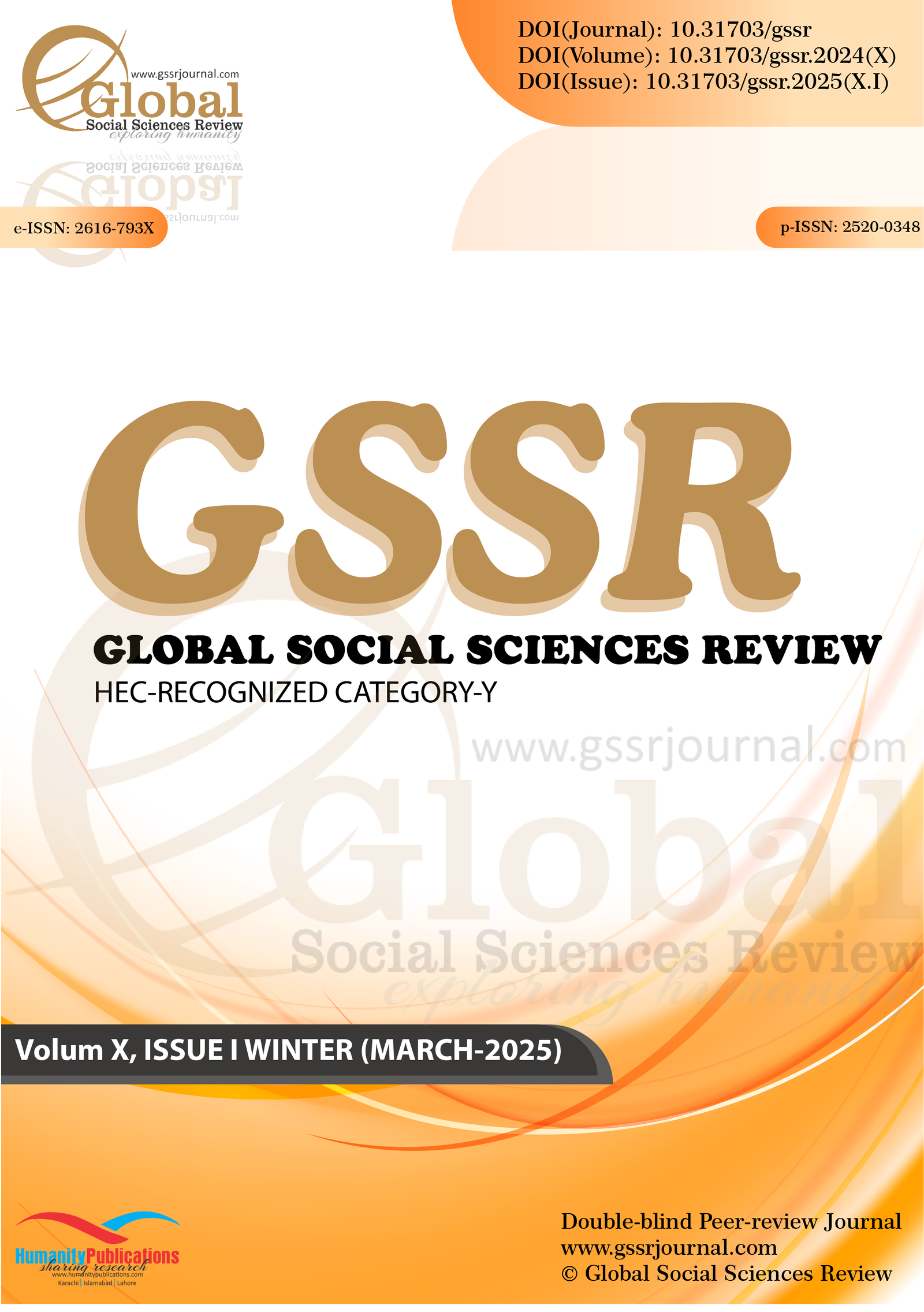 Volume X, Issue I (Winter 2025)
Volume X, Issue I (Winter 2025)  Volume IX, Issue IV (Fall 2024)
Volume IX, Issue IV (Fall 2024)  Volume IX, Issue III (Summer 2024)
Volume IX, Issue III (Summer 2024)  Volume IX, Issue II (Spring 2024)
Volume IX, Issue II (Spring 2024)  Volume IX, Issue I (Winter 2024)
Volume IX, Issue I (Winter 2024)  Volume VIII, Issue IV (Fall 2023)
Volume VIII, Issue IV (Fall 2023) 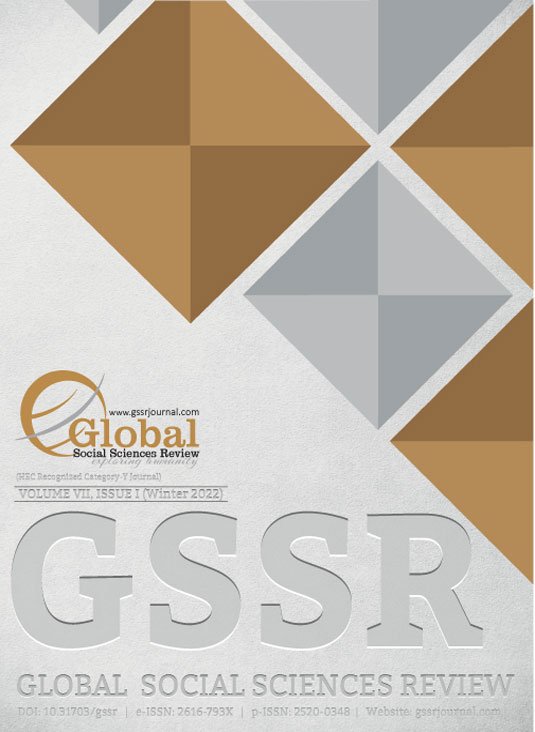 Volume VII, Issue IV (Fall 2022)
Volume VII, Issue IV (Fall 2022)  Volume VII, Issue III (Summer 2022)
Volume VII, Issue III (Summer 2022)  Volume VII, Issue II (Spring 2022)
Volume VII, Issue II (Spring 2022) 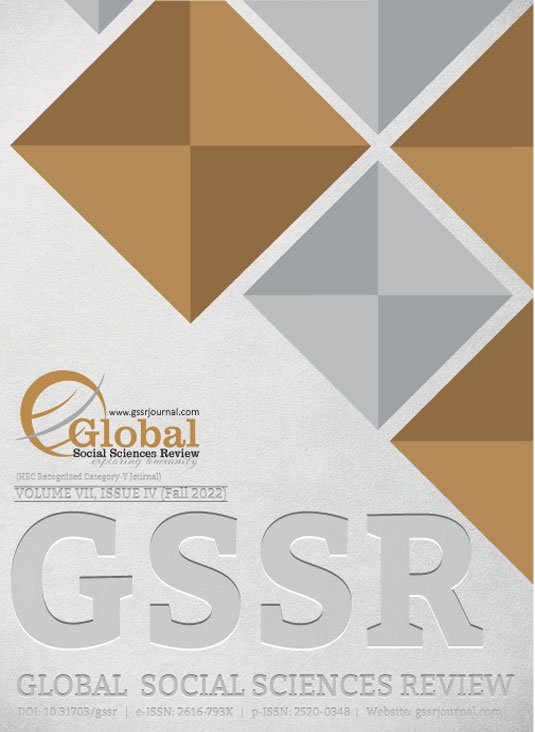 Volume VII, Issue I (Winter 2022)
Volume VII, Issue I (Winter 2022) 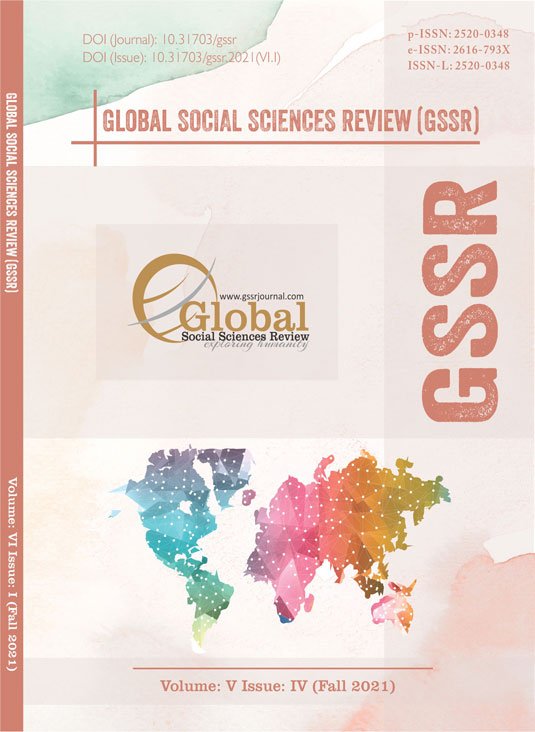 Volume VI, Issue IV (Fall 2021)
Volume VI, Issue IV (Fall 2021) 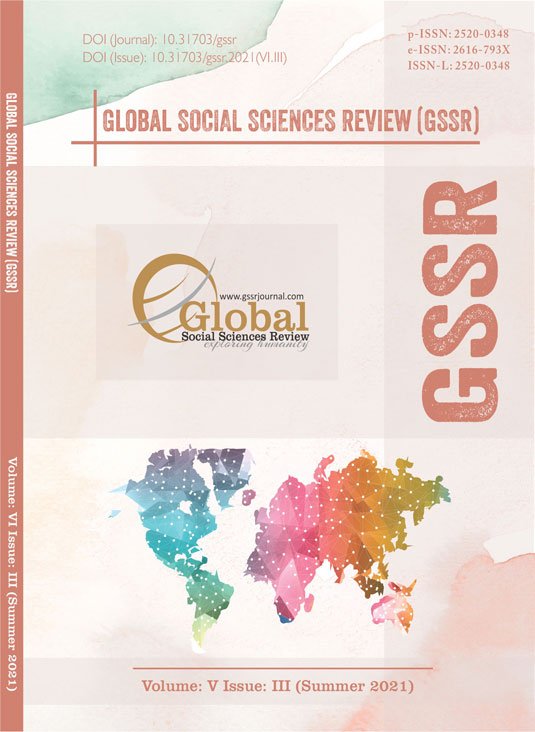 Volume VI, Issue III (Summer 2021)
Volume VI, Issue III (Summer 2021) 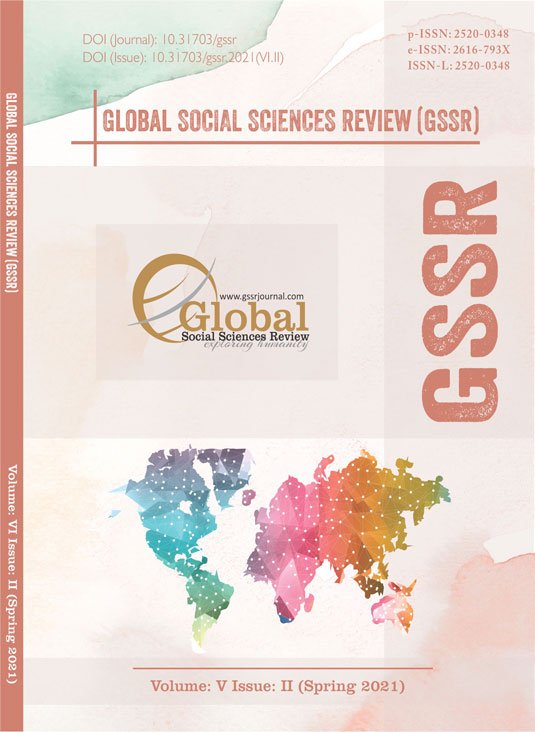 Volume VI, Issue II (Spring 2021)
Volume VI, Issue II (Spring 2021) 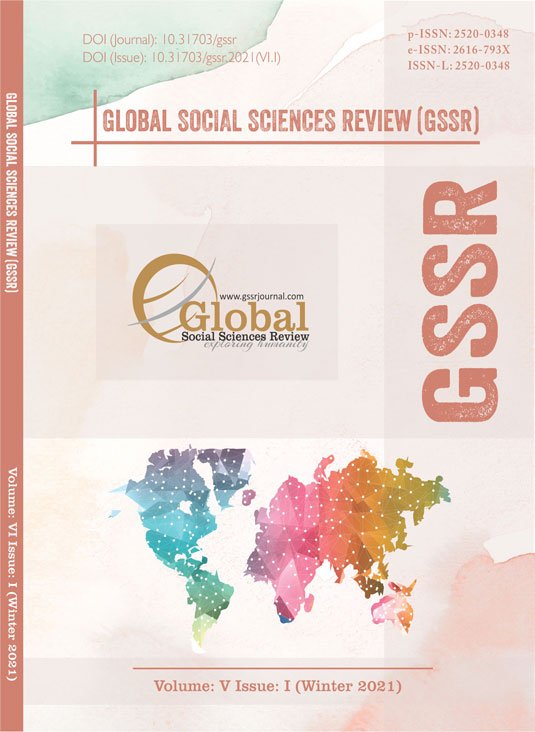 Volume VI, Issue I (Winter 2021)
Volume VI, Issue I (Winter 2021) 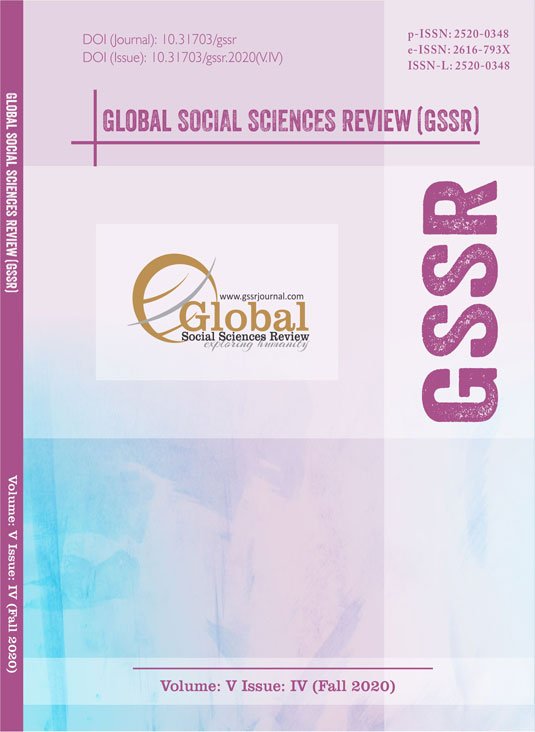 Volume V, Issue IV (Fall 2020)
Volume V, Issue IV (Fall 2020) 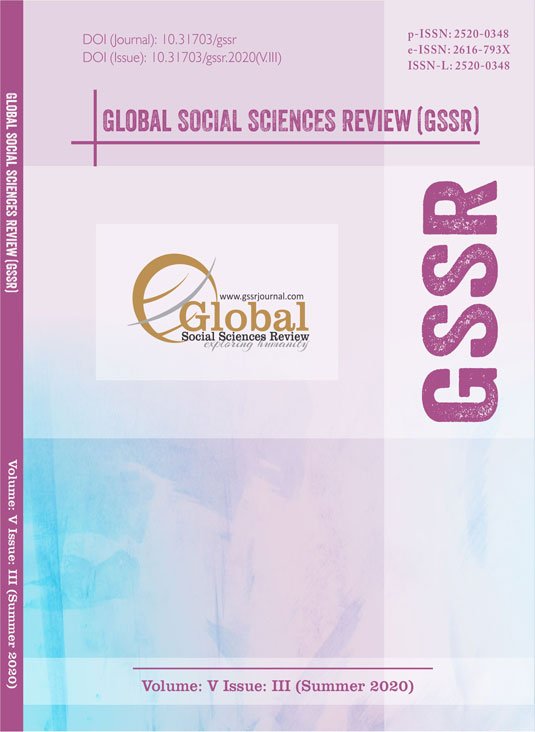 Volume V, Issue III (Summer 2020)
Volume V, Issue III (Summer 2020) 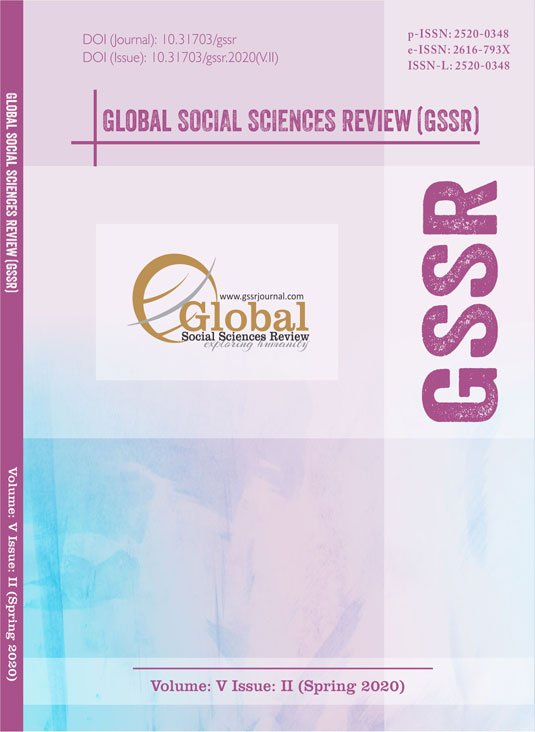 Volume V, Issue II (Spring 2020)
Volume V, Issue II (Spring 2020)  Volume V, Issue I (Winter 2020)
Volume V, Issue I (Winter 2020)  Volume IV, Issue IV (Fall 2019)
Volume IV, Issue IV (Fall 2019) 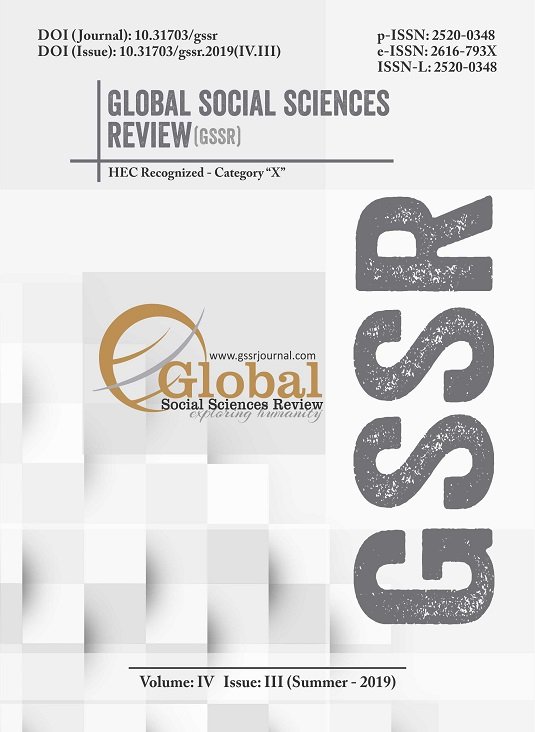 Volume IV, Issue III (Summer 2019)
Volume IV, Issue III (Summer 2019)  Volume IV, Issue II (Spring 2019)
Volume IV, Issue II (Spring 2019)  Volume IV, Issue I (Winter 2019)
Volume IV, Issue I (Winter 2019)  Volume III, Issue IV (Fall 2018)
Volume III, Issue IV (Fall 2018)  Volume III, Issue III (Summer 2018)
Volume III, Issue III (Summer 2018) 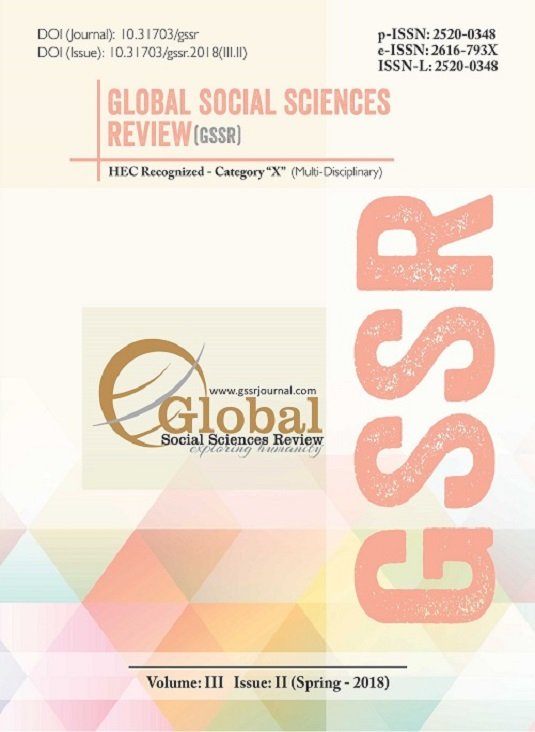 Volume III, Issue II (Spring 2018)
Volume III, Issue II (Spring 2018) 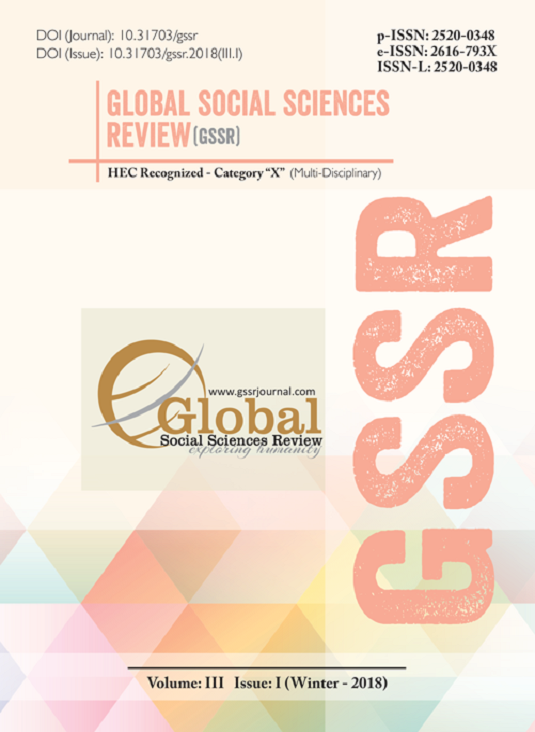 Volume III, Issue I (Winter 2018)
Volume III, Issue I (Winter 2018) 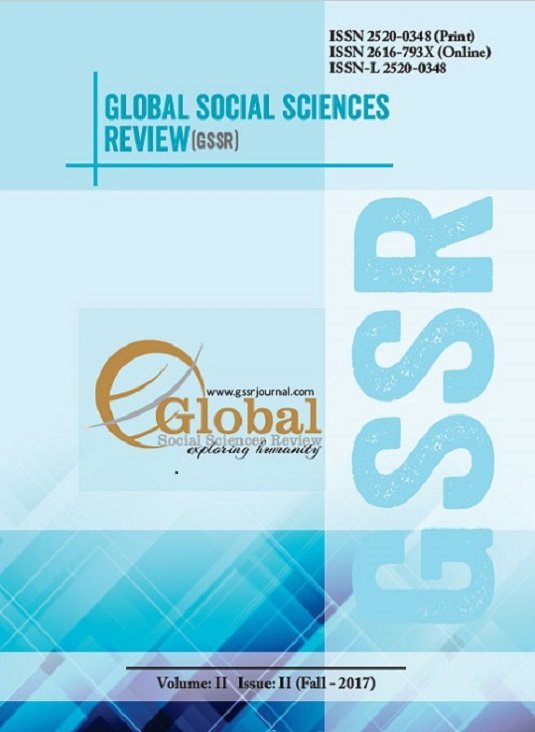 Volume II, Issue II (Fall 2017)
Volume II, Issue II (Fall 2017) 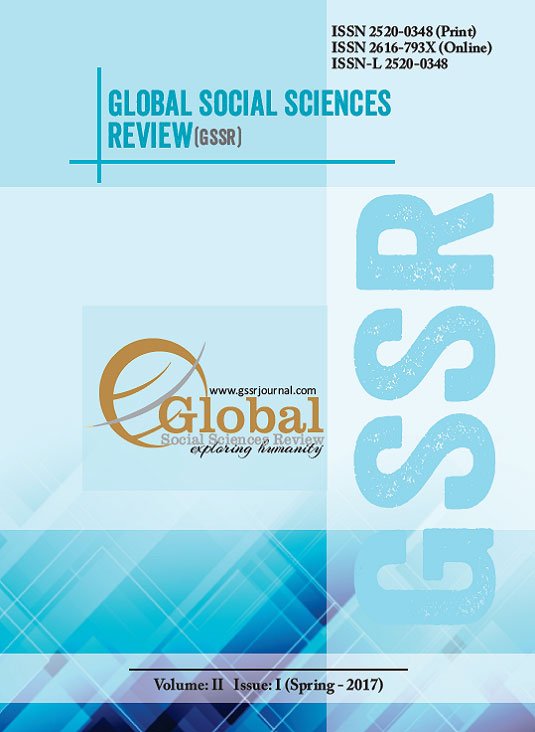 Volume II, Issue I (Spring 2017)
Volume II, Issue I (Spring 2017)  Volume I, Issue II (Fall 2016)
Volume I, Issue II (Fall 2016)  Volume I, Issue I (Spring 2016)
Volume I, Issue I (Spring 2016)